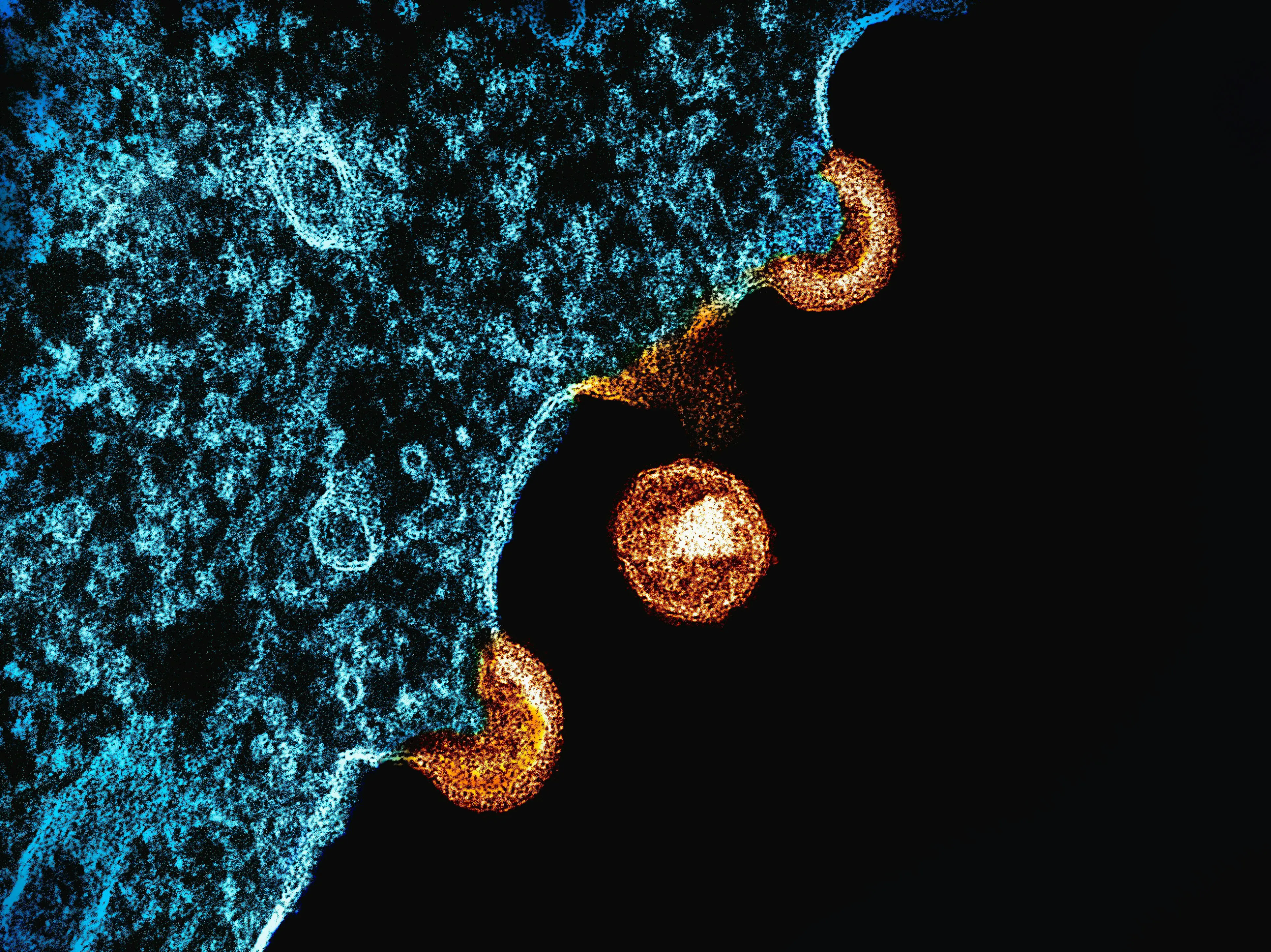The HIV Comeback No One Saw Coming: Cuts in Funding Are Fueling a Dangerous Resurgence

For years, HIV has seemed like a crisis on the mend. Thanks to medical breakthroughs and global funding efforts, transmission rates plummeted, treatment became routine, and public attention shifted elsewhere. But now, that progress is under threat.
Harvard epidemiologist Jeff Imai-Eaton has issued a stark warning: HIV is resurging, and not because the virus is evolving, but because we are letting our guard down.
“People think HIV is a problem of the past,” Imai-Eaton said. “But that false sense of security is costing us lives.”

The resurgence is especially troubling in marginalized communities, where public health programs are being scaled back or eliminated altogether due to political gridlock and funding cuts. These programs have long been the backbone of efforts to distribute testing kits, provide preventive medications like PrEP, and connect HIV-positive individuals with lifesaving treatment.
When those safety nets disappear, the virus doesn’t wait.
The data is already showing cracks. In several U.S. states and across parts of the Global South, HIV infection rates are creeping upward, a trend that echoes the pre-crisis years of the 1980s, when the virus silently spread before exploding into a global epidemic.
“We know what works, education, access, medication, but all of that requires political will and sustained investment,” Imai-Eaton explained. “If we walk away now, we may lose the momentum that took decades to build.”
Even more concerning is the rise of stigma once again, particularly among younger populations who did not live through the early HIV crisis and may not perceive the virus as a serious threat. Public campaigns have waned, and misinformation continues to spread on social platforms, muddying awareness about prevention tools and the real risks of infection.
HIV remains incurable but manageable, if caught early and treated consistently. Without access to care, people living with HIV face greater risks of transmission and long-term health complications. And with mutating variants and global instability, the threat of a new outbreak is far from hypothetical.
“The virus doesn’t care about politics or priorities,” said Imai-Eaton. “It thrives in silence and neglect.”
His message is clear: now is not the time to retreat. The fight against HIV is far from over, and losing ground now could mean rewriting the future of global public health.